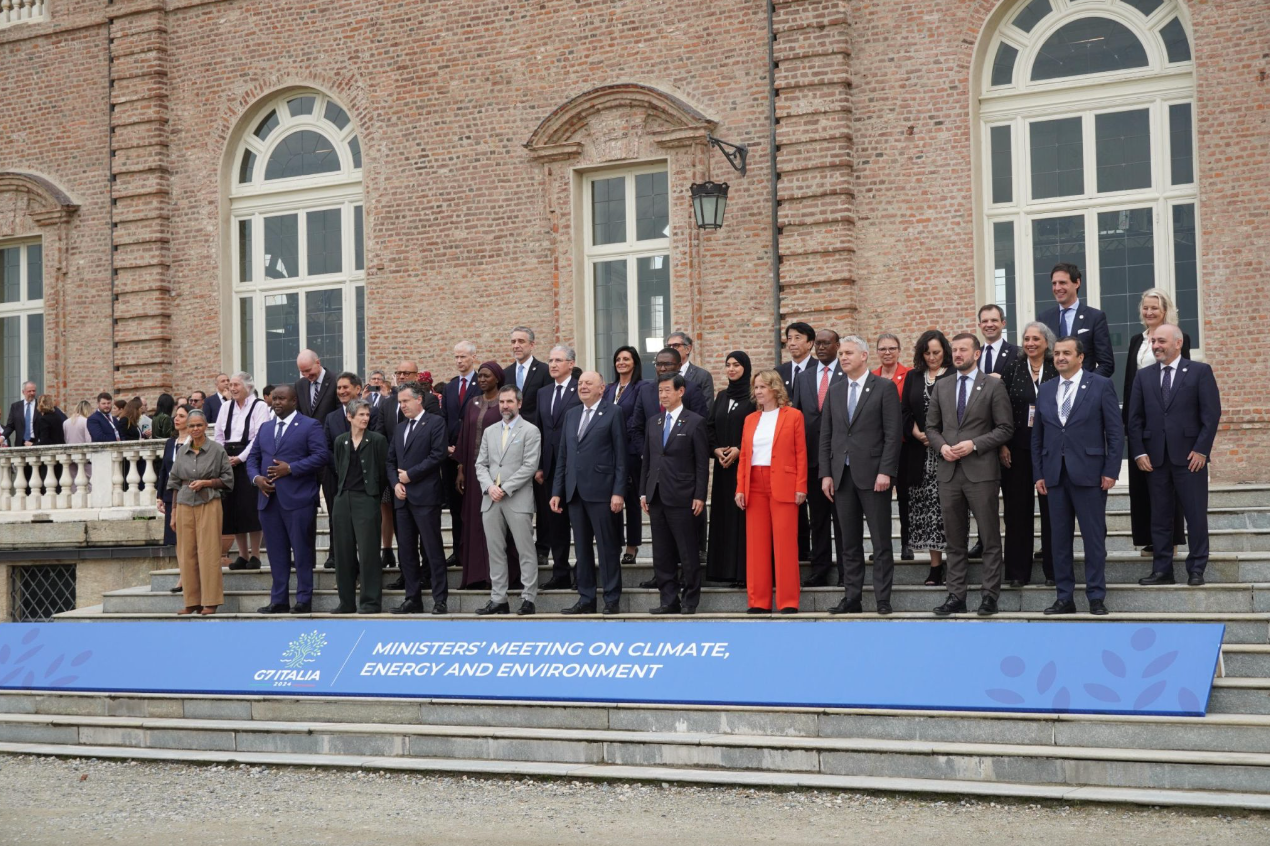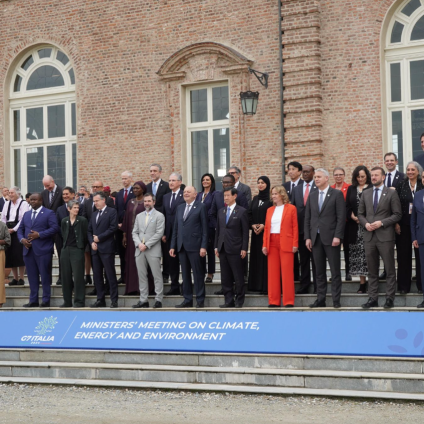Ministers sign the Venaria Charter promising to phase out current coal energy production in the first half of the next decade. But once again the details are smoky and the action is slow
The results of the G7 Climate Energy Environment 2024
How difficult is it to produce climate agreements with precise and timely commitments? Looking at the great international political meetings would be extremely difficult to say. And the G7 Climate Energy and Environment 2024 in Turin is no exception. The Ministerial Summit ended this afternoon with what on paper would seem to be a great achievement. The Group of Seven has agreed, in fact, for the first time a date to say goodbye to the current coal energy production. A feat not taken for granted given the interests at stake of nations with Japan and Germany. But before rejoicing, it is appropriate to read the “Charter of Venaria” (pdf), as it was renamed the final document of the meeting.
read also In Turin, the G7 Environment, Energy and Climate aims for a farewell to coal
G7: Coal phase out by 2035 or almost
The text contains a fairly flexible and open commitment to interpretation. The document reads as follows:
“We are committed […] to phase out the current production of energy from coal in our energy systems during the first half of 2030 or in a timeframe consistent with maintaining a temperature rise limit of 1.5°C at hand, in line with the net-zero paths of the countries”.
A clause, the latter, that could be translated into an even softer deadline, extending a hand to Berlin which has already fixed its phase-out for 2038 and to Tokyo which has not yet set any national policy in this direction.
Yet to arrive at this weak passage was not easy. “We know that coal is one of the major sources of greenhouse gas emissions,” said Environment Minister Gilberto Pichetto Fratin at the end of the G7 Climate Energy Summit. “And on this, I must say a special thanks because there has been a remarkable work from all countries, from the Troika and in particular from the friends representing Japan. An exit goal has been indicated in the first half of the next decade and this is the first time that you indicate at least one path and one goal”.













